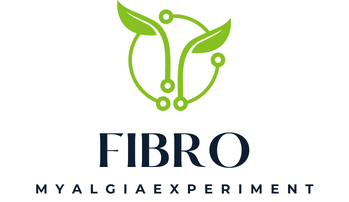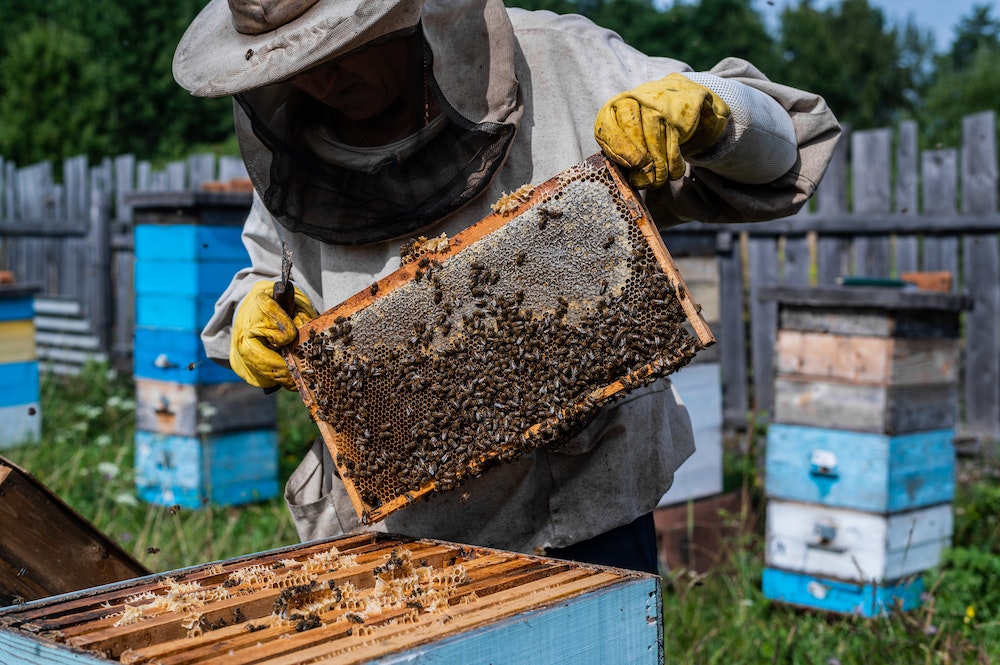In the bustling heart of London, an unusual yet essential phenomenon is coming into existence: urban beekeeping. Amidst the towering skyscrapers, a hum of tiny winged creatures is bringing about a sustainable, ecological revolution. This article delves into the world of urban beekeeping, detailing how you can initiate your project in the United Kingdom. It aims to provide you with the necessary knowledge and tools, encompassing bees, hives, honey, and the social yet sustainable aspects of the project.
Understanding the Importance of Bees
Before launching your beekeeping project, it’s crucial to understand the importance of bees. Often overlooked or feared for their sting, bees play a pivotal role in our lives and the broader ecosystem. Every third bite of food we consume today is reliant on pollinators. Bees, in particular, are responsible for pollinating an estimated one-third of the world’s food crops.
En parallèle : How Can UK City Dwellers Grow Fresh Produce Through Hydroponics?
Beyond food, bees also help maintain biodiversity by pollinating plants that create habitats for other wildlife. They contribute to the growth of fruits, seeds, and nuts, which are primary food sources for wild animals. In a city like London, with an increasing focus on urban greening, bees can have a positive impact on local biodiversity.
In recent years, however, bee populations have seen a dramatic decline owing to factors such as habitat loss, disease, climate change, and pesticide exposure. This decline, if left unchecked, will have a profound impact on global food security and biodiversity. Urban beekeeping, therefore, is more than just a hobby; it’s an integral part of a sustainable solution.
Lire également : What’s the Potential of Wind Energy in the UK’s Renewable Portfolio?
The Nuts and Bolts of Beekeeping
Beekeeping is not a pursuit to venture into unprepared. It requires a clear understanding of bee behaviour, hive management, and the challenges involved. You must be fully committed to the welfare of your bees.
Bee Behaviour
Bees are social insects that live in colonies usually consisting of a single queen, many workers (females), and drones (males). They communicate through a series of movements known as the ‘waggle dance’, which helps them direct other bees to food sources. Understanding these behaviours is essential for successful beekeeping.
Hive Management
A beekeeper will need to learn how to manage a hive, which includes monitoring the health of the bee colony, providing them with adequate food and water, and protecting them from predators and disease.
Challenges
Beekeeping presents its own set of challenges. Bees are prone to diseases and parasites that can decimate hives if not properly managed. Urban environments may also pose challenges in terms of local regulations, space constraints, and potential problems with neighbours.
Legal Aspects and Community Engagement
Before you begin your project, acquaint yourself with the legal requirements related to urban beekeeping in the UK. These may include rules about hive placement, bee species allowed, and disease control measures. The British Beekeepers Association (BBKA) provides guidance on these matters and also offers a forum for beekeepers to share knowledge and experiences.
Engaging with your community is equally important. Educate your neighbours about your project and the importance of bees. This will not only help alleviate any concerns they might have but also foster a sense of community involvement and ownership of the project.
The Startup Kit: What You Will Need
Starting an urban beekeeping project requires some basic equipment. The essential items are the hive, bees, protective clothing, and beekeeping tools.
Hive
There are different types of hives available, each with its own pros and cons. The most commonly used hive in the UK is the National Hive, which is suitable for beginners due to its simplicity.
Bees
You can acquire bees by purchasing a nucleus (a small colony already functioning with a queen) or by catching a swarm.
Protective Clothing
Beekeeping can lead to stings, so protective clothing is a must. This generally includes a veil, gloves, and a full bee suit.
Beekeeping Tools
Basic beekeeping tools include a bee brush, smoker, and hive tool.
Sustainable Urban Beekeeping: A Score for the Environment
Starting an urban beekeeping project is not just about creating honey – it’s also about contributing to a healthier urban environment. Bees help to increase the biodiversity in cities, pollinate urban gardens, and provide educational opportunities for city-dwellers to learn about these complex creatures and their role in our ecosystem.
Remember, urban beekeeping is a commitment to your bees and the environment. But with a little diligence and patience, your project will not only benefit you with delicious honey but also contribute to a sustainable future for our cities and our planet. So, why not start your urban beekeeping adventure today?
Integrating Urban Beekeeping into the Community
Engaging your community in your urban beekeeping project is not only a great way to educate people about the importance of bees, but also a way to gain their support and understanding. Hence, before starting your project, explain to your neighbours about what urban beekeeping entails and how it benefits the environment.
Community Education
Educating your community about the essential role bees play in our ecosystem is crucial. Use this opportunity to debunk myths about bees being dangerous and explain how bees are more interested in plants than people. You can also inform them about the difference between honey bees and wasps, as the latter are often the culprits in sting incidents.
Community Support
Involve your community in your beekeeping project. Whether it’s helping to build a hive, planting bee-friendly plants, or even adopting a bee, there are many ways people can support your project. In return, you can offer them some of your honey or use it to fundraise for local projects. This not only gives your neighbours a stake in the project but also helps foster a sense of community and shared responsibility for the environment.
The Beekeeping Forum
Joining a beekeeping forum can be beneficial for both novice and experienced beekeepers. The British Beekeepers Association (BBKA) has a forum where you can share your experiences, learn from others, and get advice on various aspects of beekeeping, including dealing with challenges such as disease control and hive management.
A Step-by-Step Guide to Starting Your Urban Beekeeping Project
Now that you understand the importance of bees, the basics of beekeeping, and how to engage your community, it’s time to start your beekeeping project. Here are the steps to get you started:
1. Learn About Bees
Before you start, learn as much as you can about bees. Understand their behaviour, their needs, and how to take care of them. This knowledge will be invaluable as you start your beekeeping project.
2. Get Your Equipment
The basic equipment you will need includes a hive, bees, protective clothing, and beekeeping tools. The National Hive is the most commonly used hive type in the UK, and it’s ideal for beginners due to its simplicity.
3. Choose Your Bees
You can acquire bees by purchasing a nucleus, or a small colony already functioning with a queen, or by catching a swarm. It’s important to note that the queen bee plays a pivotal role in the colony, and ensuring her health is fundamental to the success of your project.
4. Register Your Hive
In the UK, all beekeepers are required to register their hives with the National Bee Unit. This helps the government track and control bee diseases.
5. Join a Local Beekeeping Group
Local beekeeping groups often offer classes, mentorship, and support for both novice and experienced beekeepers. They can provide practical advice and help when you encounter problems.
Conclusion
Urban beekeeping is not just a hobby, it’s a step towards a more sustainable future. It’s about caring for the environment, fostering biodiversity, and educating the community. It’s an adventure that’s both rewarding and enlightening. With patience and diligence, you’ll not only have the satisfaction of producing your own honey but also the knowledge that you’re making a difference. So why wait? Click expand on your environmental consciousness and join the urban beekeeping revolution today.






